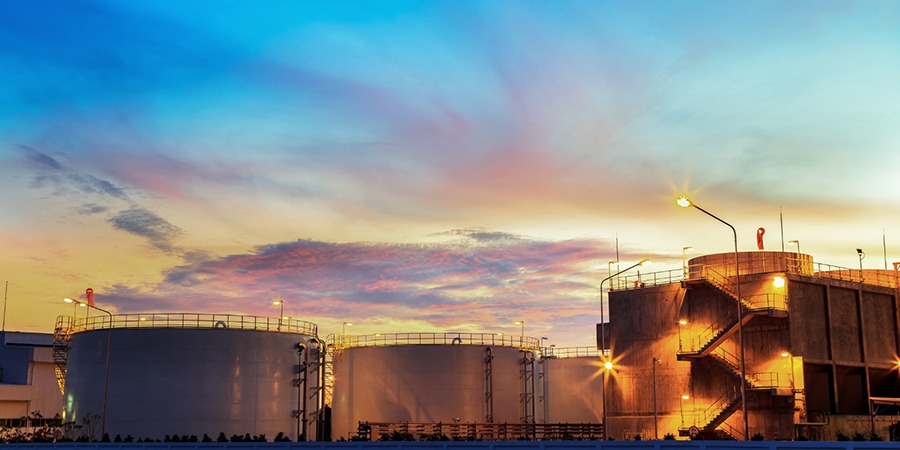Chiyoda Corporation, Mitsubishi Corporation, Mitsui & Co Ltd and Nippon Yusen Kabushiki Kaisha have signed an agreement with ENEOS Corporation (ENEOS) to supply hydrogen produced in Brunei for use in the latter’s refinery decarbonisation trials.
The hydrogen, which will be delivered via a saturated hydrocarbon called methylcyclohexane (MCH), will be supplied by the Advanced Hydrogen Energy Chain Association for Technology Development (AHEAD), an organisation that was jointly established by the partners in July 2017.
Hydrogen has considerable potential as a clean energy. It emits no CO2 and can be used in power generation, mobility, and many other industries to play a key role in future efforts to decarbonise.
Unfortunately, there are two rather significant technical hurdles that need to be cleared before a hydrogen society can be realised. One is developing a stable, large-scale, and long-distance supply network that is capable of linking suppliers and consumers in different parts of the world. The other is securing reliable, long-term storage.
Composed of toluene and hydrogen, MCH is a liquid under normal temperature and atmospheric pressure, meaning that it can be both stored and transported using oil refineries, chemical tankers and other infrastructure that already exists to service the petroleum and petrochemicals industries. It is also an organic compound from which hydrogen can be extracted when necessary. AHEAD’s aim is to use MCH to help address these supply-and-storage challenges.
Backed by funding from NEDO, AHEAD successfully completed trials of the world’s first international shipment of MCH and stable extraction of its hydrogen in 2020, when it delivered MCH produced in Brunei to Japan. For the ENEOS trials, which are being funded by Japan’s consortium for resilient oil supply (CROS), AHEAD will ship the MCH using chemicals tankers and other carriers.
At present, most of the industrial-use hydrogen in Japan is consumed during the desulphurisation process at petroleum refineries. This is so-called grey hydrogen, which is derived from fossil fuels in processes that emit CO2, however, replacing it with CO2-free hydrogen derived from MCH can help to reduce industrial CO2 emissions. For that reason, AHEAD’s supply of MCH for the ENEOS trials promises to be a significant step towards using this organic compound more broadly as a means of transporting and storing hydrogen.
The partners are looking forward to future collaborations in a variety of industries that will help to one day realise hydrogen-powered societies.
For more information visit www.ahead.or.jp













